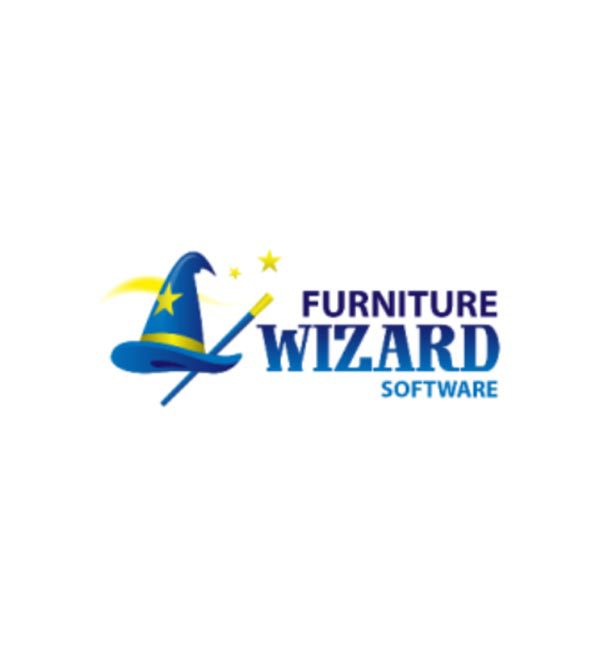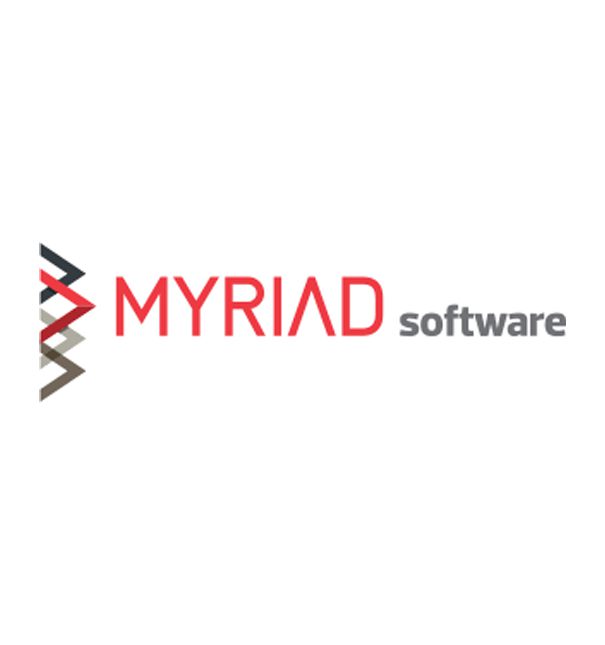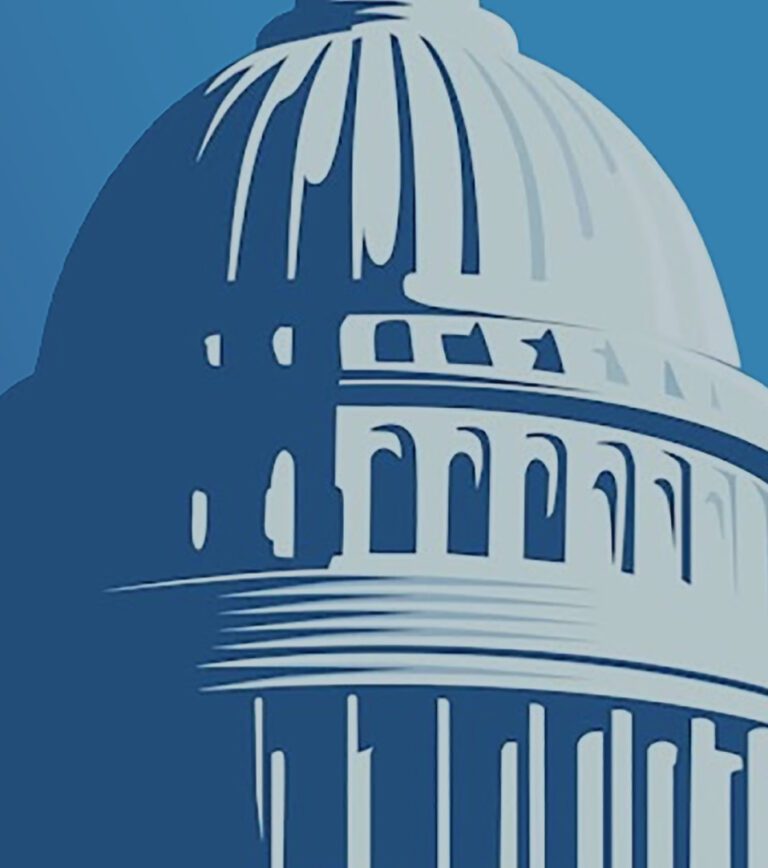A veteran congressman again has introduced legislation to curtail online sales-tax collections by states.
TheOnline Sales Simplicity and Small Business Relief Act was filed March 27 by 21-term U.S. Rep. James Sensenbrenner Jr. (R-Wis.) and several co-sponsors. A similar measure failed to advance in the previous Congress.
The bill proposes to bar states from requiring online sellers to collect and remit sales taxes on their behalf until each seller reaches $10 million of sales into a state. This limit would be imposed until “states produce a compact, approved by Congress, to simplify collection to the point where no small business exemption is necessary,” a Sensenbrenner news release said.
“I’ve heard from online sellers in Wisconsin and across the country who are concerned with the complexity of the post-Wayfair tax regime,” Sensenbrenner said. “Small business owners, in particular, have shared fears that they will be unable to bear the new compliance burdens and may have to shutter their businesses. I’m proud to introduce this bipartisan legislation to provide clarity and certainty to all online sellers as well as relief to the small businesses that need it the most.”
“Wayfair” refers to last year’s U.S. Supreme Court ruling that cleared the way for states to demand that remote online sellers collect taxes on sales made to their residents. Since the decision, states are setting sales-tax collection requirements. None has set a sales threshold higher than $500,000, and some have set that floor as low as $10,000.
The Home Furnishings Association applauded the Supreme Court ruling because it allows states to create a more level playing field for brick-and-mortar retailers who always have had to add sales tax to customers’ purchases. At the same time, online competitors did not – giving them a price advantage on every sale.
Sensenbrenner’s proposal to exempt the first $10 million in sales would restore the advantage enjoyed by online sellers at the expense of businesses such as furniture retailers that operate out of fixed spaces, not only collecting sales taxes owed to state and local governments but also paying property taxes, income taxes and utilities, as well as complying with various regulations.
The association does support congressional action to set a uniform national policy for online sales-tax collections, but not one that exempts large amounts of sales from taxation.
Sensenbrenner’s bill was co-sponsored by Reps. Anna Eshoo (D-Calif.), Jeff Duncan (R-S.C.), Zoe Lofgren (D-Calif.) and Ann Kuster (D-N.H.).








